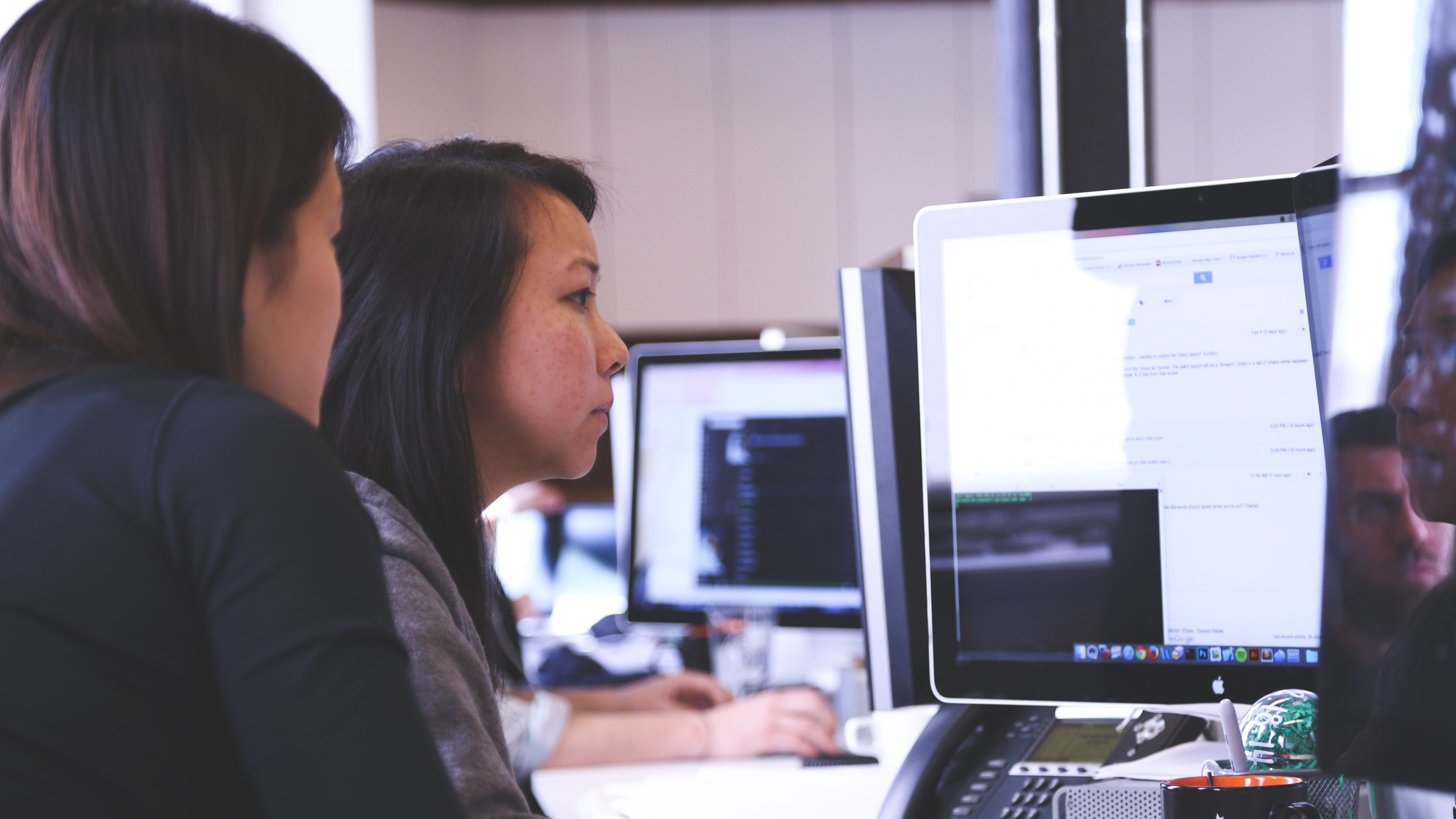This Windows 10 update could be great news for wannabe developers
Microsoft has made it easier than ever to develop Windows 10 apps

Microsoft is looking to help make it easier for developers to write apps for Windows 10.
The company has released version 7 of the Windows Community Toolkit, which it says includes everything app developers need to build Universal Windows Platform (UWP) and .NET apps for any Windows 10 device including PC, Mobile, Xbox, IoT and HoloLens.
“This is one of the largest releases of the Toolkit ever as we embarked to optimize and streamline the Toolkit for the future,” wrote Microsoft’s Senior Software Engineer, Michael A. Hawker.
- We've put assembled a list of the best laptops for programming
- Here’s a list of the best JavaScript courses
- Start programming with one of these best Python courses
Lighter apps
Formerly known as the UWP Community Toolkit, the Windows Community Toolkit is developed under the aegis of the .NET foundation. It’s hosted on GitHub and a majority of the tools in the toolkit are licensed under the open source MIT license.
In his release announcement, Hawker notes that one of the headline features of the release is the inclusion of a completely new .NET Standard Model-View-ViewModel (MVVM) library. Other marquee new features include easier to use toast notification helpers for both .NET and UWP, along with a revamped composition Animation system for C# & XAML.
Another major change is the internal package refactoring to help reduce the size of the apps created using the toolkit.
“We have refactored many packages within the Toolkit. This was to help reduce pulling in extra dependencies for the whole package when only a small number of components required them. This has allowed us to reduce the application size footprint impact of the Toolkit in common scenarios by 80-90%,” explains Hawker.
Sign up to the TechRadar Pro newsletter to get all the top news, opinion, features and guidance your business needs to succeed!
App developers can preview the latest features of the toolkit by installing the Windows Community Toolkit Sample App from the Microsoft Store.
- Learn to program for the web with one of these best HTML courses
Via: ZDNet
With almost two decades of writing and reporting on Linux, Mayank Sharma would like everyone to think he’s TechRadar Pro’s expert on the topic. Of course, he’s just as interested in other computing topics, particularly cybersecurity, cloud, containers, and coding.
